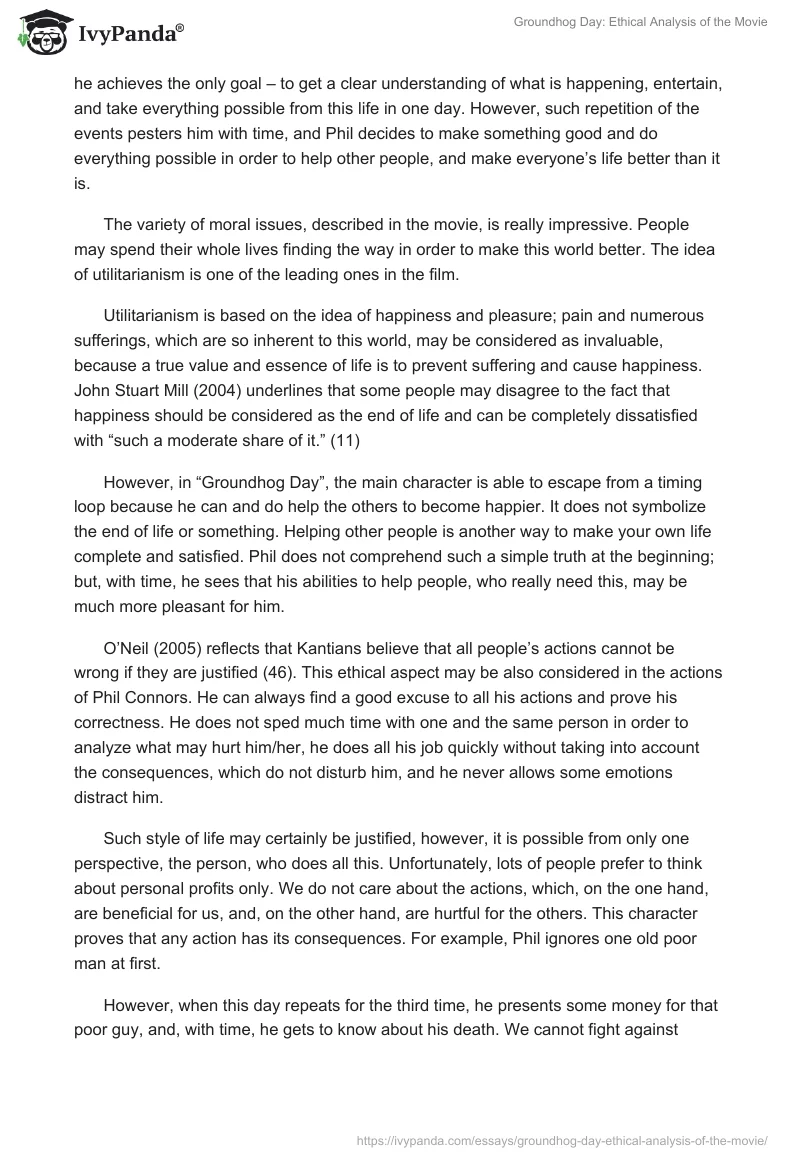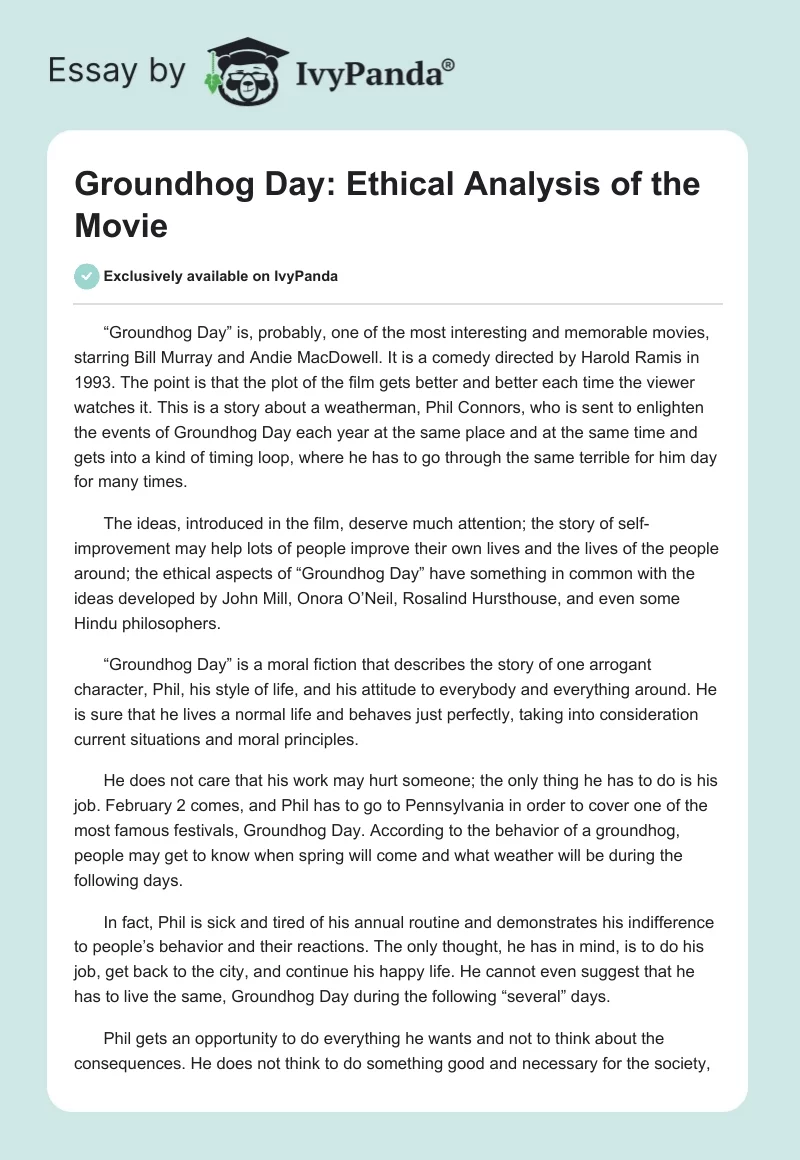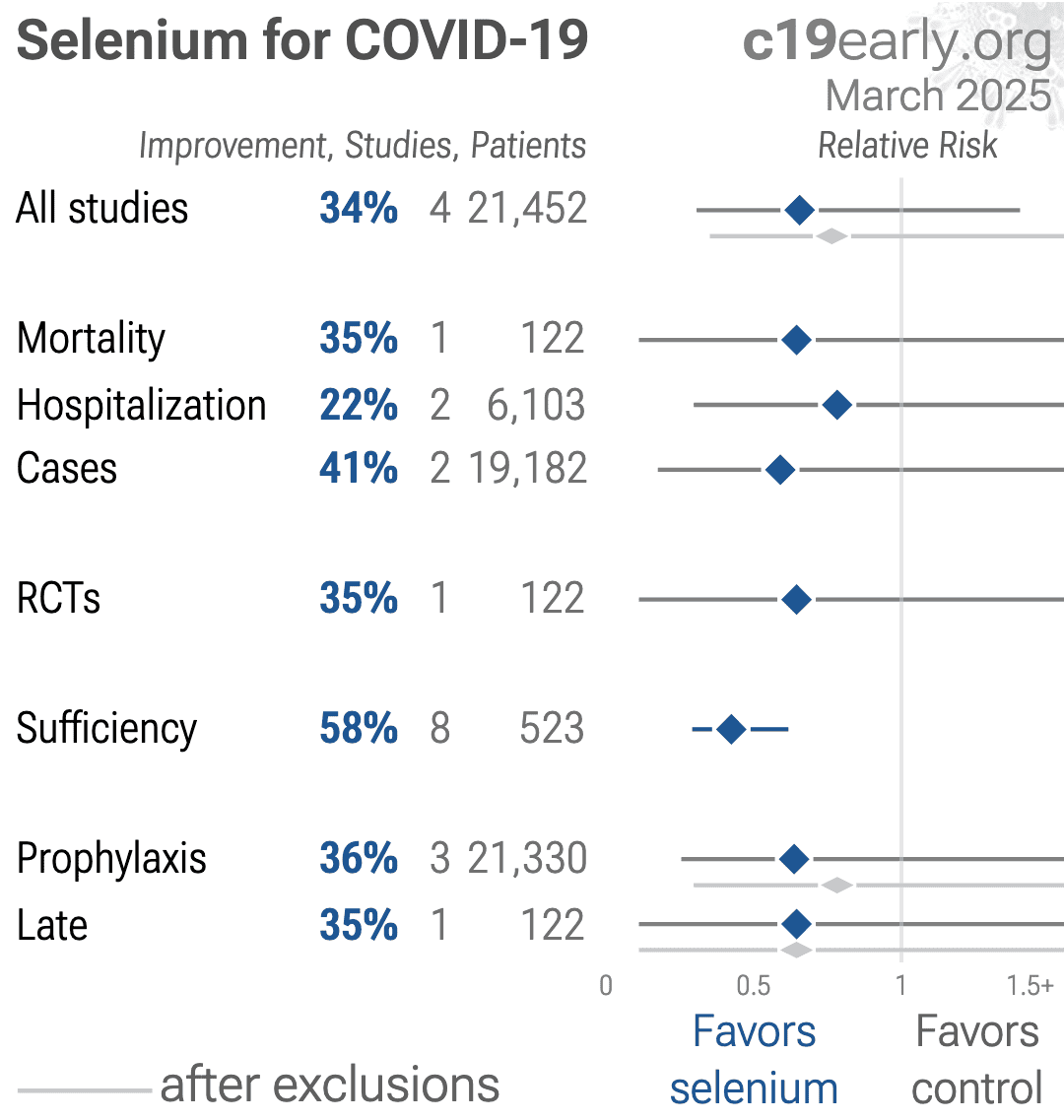Gallery
Photos from events, contest for the best costume, videos from master classes.
 |  |
 |  |
 |  |
 |  |
 |  |
 |  |
The ideas, introduced in the film, deserve much attention; the story of self-improvement may help lots of people improve their own lives and the lives of the people around; the ethical aspects of “Groundhog Day” have something in common with the ideas developed by John Mill, Onora O’Neil, Rosalind Hursthouse, and even some Hindu philosophers. There's nothing better for character development than spending 10,000 years trapped in a time loop It's February 2nd, and movie fans prepare themselves for Groundhog Day with one of the most deeply philosophical films ever made. SHAPIRO: The Bill Murray comedy about a weatherman who lives the same day over and over has had staying power. Philosophy classes include "Groundhog Day" in their syllabus. There was even a In Groundhog Day (1993), Murray’s character, Phil Connors, finds that no matter what he does, every morning he wakes up at the same time, in the same bed, in the same hotel, in the same small American town, on the same day (February 2nd, ‘Groundhog Day’). In the subsequent twenty-four hours he is free to do anything he likes, but knows he The movie Groundhog Day, starring Bill Murray, might not strike you as a deep source of ethical instruction, but Joseph Kupfer [1] plumbs its storyline to reveal some delightful ethical insights. He notes that the movie starts with Nietzsche’s idea of the eternal return [2] as a prompt about reflecting on our life and whether it is good You can listen to Hugh Breakey discuss the ethics and philosophy of “Groundhog Day” with Waleed Aly and Scott Stephens on The Minefield.. It would have been easy for an innocent audience The Ethics of Groundhog Day: Phil Connors and the Platonic Tripartite Division of the Soul Rachel Cedor Course: Philosophy 313 Instructor: Brooke Ettle In the film Groundhog Day, the character of Phil Connors is forced to relive the same day, February 2, over and over again. The choices that he makes while trapped in this time warp Fully Open Access. Film-Philosophy is an open access peer-reviewed academic journal dedicated to the engagement between film studies and philosophy. The journal is interested in the ways in which films develop and contribute to philosophical discussion. In his book, How to Write Groundhog Day (2012), screenwriter Danny Rubin tells us, “The first note [after the film premiered] I remember came from a monk in Germany. He had discovered Groundhog Day as a perfect articulation of his Christian beliefs” (Parker 2013). The movie’s director Harold Ramis talks about his mother-in-law who lived film essay, Groundhog Day, National Film Registry, Library of Congress, Harold Ramis, Bill Murray, Andie McDowell, comedy film, Steve Ginsberg Created Date 8/4/2015 5:19:12 PM Character Analysis Pretty Kind (Pretty and Kind). The first time we see Rita in this movie, she's playing around with Phil's computer weather screen. Phil thinks she's dumb, but everyone else seems to think, Fully Open Access. Film-Philosophy is an open access peer-reviewed academic journal dedicated to the engagement between film studies and philosophy. The journal is interested in the ways in which films develop and contribute to philosophical discussion. Get all the details on Groundhog Day: Analysis. Description, analysis, and more, so you can understand the ins and outs of Groundhog Day. Character Analysis Sarcastic Jerk. From the moment we meet Phil Connors, we can tell he's a jerk. Sure, he has to act charming professionally (because he's a weatherman), but once he's off camera, we see just how much contempt he has for the world around him. The Metaphysics of Groundhog Day Lawrence Crocker says it’s about time, and personal identity, and free will. The 1993 movie Groundhog Day was, of course, made as an exploration of the metaphysics of time. The basic idea is that for on-location TV weatherman Phil Connors, the same Groundhog Day, February 2, in Punxsutawney keeps repeating. Unformatted text preview: 1 Media Analysis: Groundhog Day Kristina Galluccio The College of Adult & Graduate Studies, Colorado Christian University PHL-205A: World Views Dr. Travis R. Pardo April 18, 20212 For this paper, I choose to write my media analysis on the film Groundhog Day (1993), directed by Harold Ramis, produced by Harold Ramis and In Groundhog Day, time seems literally endless. But for us, on this Earth, time is a finite thing—and often, the time given to us feels oh so short. Because of Groundhog Day’s time loop, Phil Connors has the opportunity to live the day again and again—correcting mistakes, perfecting approaches, honing himself into, well, a decent human Arts-humanities document from Colorado Christian University, 7 pages, 1 Session 4 Media Analysis - Groundhog Day PHL-205A-35014-FA-World Views (ON) 2 Session 4 Media Analysis - Groundhog Day Watching movies and figuring out how they coincide with our studies has been mindblowing. You can listen to Hugh Breakey discuss the ethics and philosophy of “Groundhog Day” with Waleed Aly and Scott Stephens on The Minefield.. It would have been easy for an innocent audience
Articles and news, personal stories, interviews with experts.
Photos from events, contest for the best costume, videos from master classes.
 |  |
 |  |
 |  |
 |  |
 |  |
 |  |